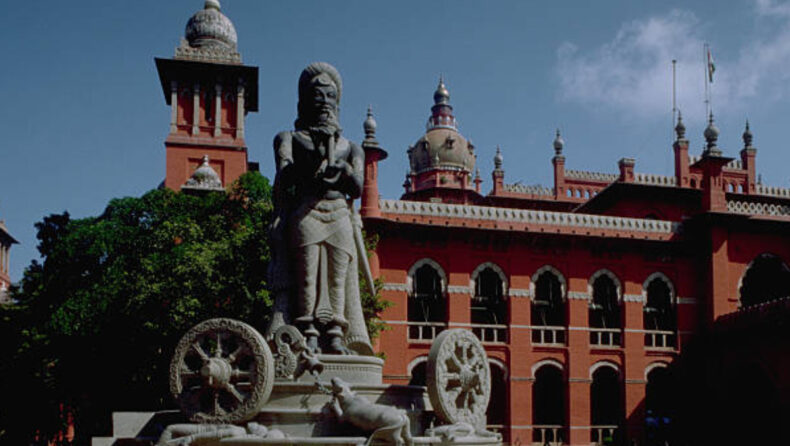The legal drama surrounding the arrest of Senthil Balaji, a prominent political figure in Tamil Nadu, has taken a new turn as the Enforcement Directorate (ED) pleads with the Madras High Court to grant permission for his arrest. Balaji, a former Minister for Transport and a member of the All India Anna Dravida Munnetra Kazhagam (AIADMK) party, has been under investigation for alleged financial irregularities. The ED contends that Balaji has consistently refused to cooperate with their inquiries, making his arrest necessary for a thorough investigation. As this high-stakes legal battle unfolds, it raises questions about accountability, transparency, and the rule of law in India.
Background of the Case
Senthil Balaji’s legal troubles began when the ED initiated an investigation into allegations of money laundering and financial improprieties. The probe revolves around purported irregularities in the acquisition and sale of several properties, including land and real estate assets. The ED claims that Balaji not only failed to provide satisfactory answers to their questions but also refused to cooperate in their investigation from the beginning.
The ED’s Argument for Arrest
In their plea to the Madras High Court, the ED contends that Balaji’s refusal to cooperate necessitates his arrest. The agency argues that arresting him is essential to prevent any potential tampering of evidence, ensuring a fair and impartial investigation. The ED claims that Balaji’s non-cooperation raises suspicions about his involvement in the alleged financial irregularities and highlights the urgency of his arrest. They argue that his custodial interrogation is crucial to uncover the truth and gather evidence in a case of this nature.
Balaji’s Defense and Legal Implications
In response to the ED’s plea, Senthil Balaji’s legal team has vehemently opposed his arrest, claiming it to be unjustified and politically motivated. They argue that Balaji has been fully cooperating with the authorities and has duly responded to all the summons and inquiries. Balaji’s defense maintains that he has not been given a fair opportunity to present his side of the story and that the allegations against him are baseless.
The outcome of this legal battle holds significant implications for the larger legal landscape in India. It raises questions about the delicate balance between individual rights and the state’s power to investigate and prosecute. The courts must carefully evaluate the evidence and arguments presented by both sides to ensure justice is served, while also upholding the principles of fairness and due process.
Presumption of Innocence and Fair Investigation
One of the fundamental tenets of any democratic society is the presumption of innocence until proven guilty. It is essential for the courts to ensure that this principle is upheld throughout the legal proceedings. While investigating agencies have the responsibility to conduct thorough inquiries, it is equally important to avoid undue harassment or the presumption of guilt before a fair trial.
Transparency and Accountability
The ongoing case also highlights the significance of transparency and accountability in the legal process. It is essential for investigative agencies to act within the confines of the law and provide clear, well-substantiated evidence to support their claims. Simultaneously, the accused must have the opportunity to defend themselves and present their case before an impartial judiciary. Maintaining transparency and accountability is crucial for the credibility of the investigation and the public’s faith in the justice system.

The legal battle over the wanted arrest of Senthil Balaji presents a complex situation that requires careful consideration by the judiciary. While the ED argues for his arrest, citing his non-cooperation and the need to safeguard evidence, Balaji’s defense asserts his innocence and accuses the investigation of being politically motivated. As the Madras High Court deliberates on this matter, it must ensure that the principles of fairness, due process, and the rule of law are upheld. The outcome of this case will not only impact the political fortunes of Senthil Balaji but also have wider implications for the Indian legal system as a whole.













